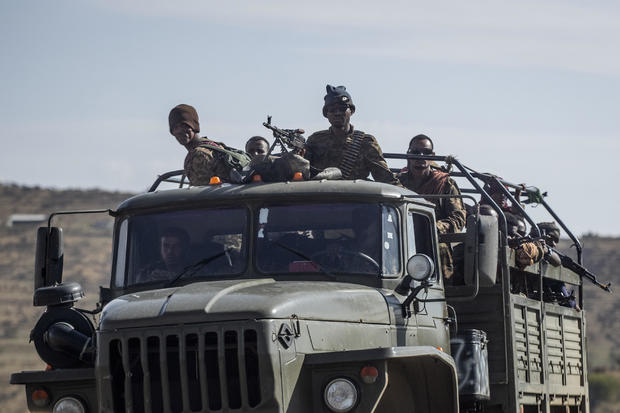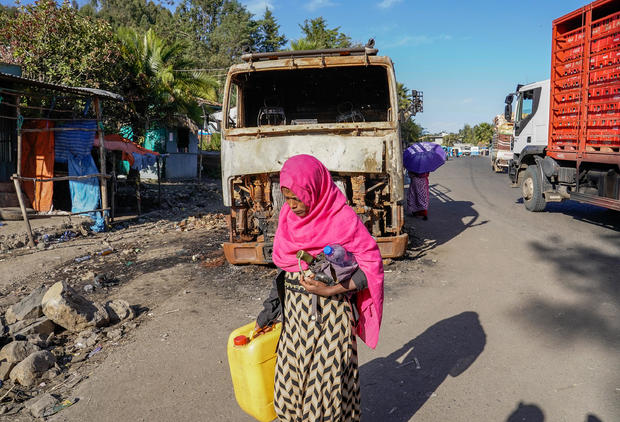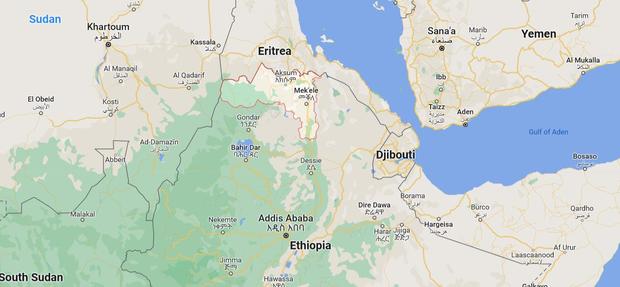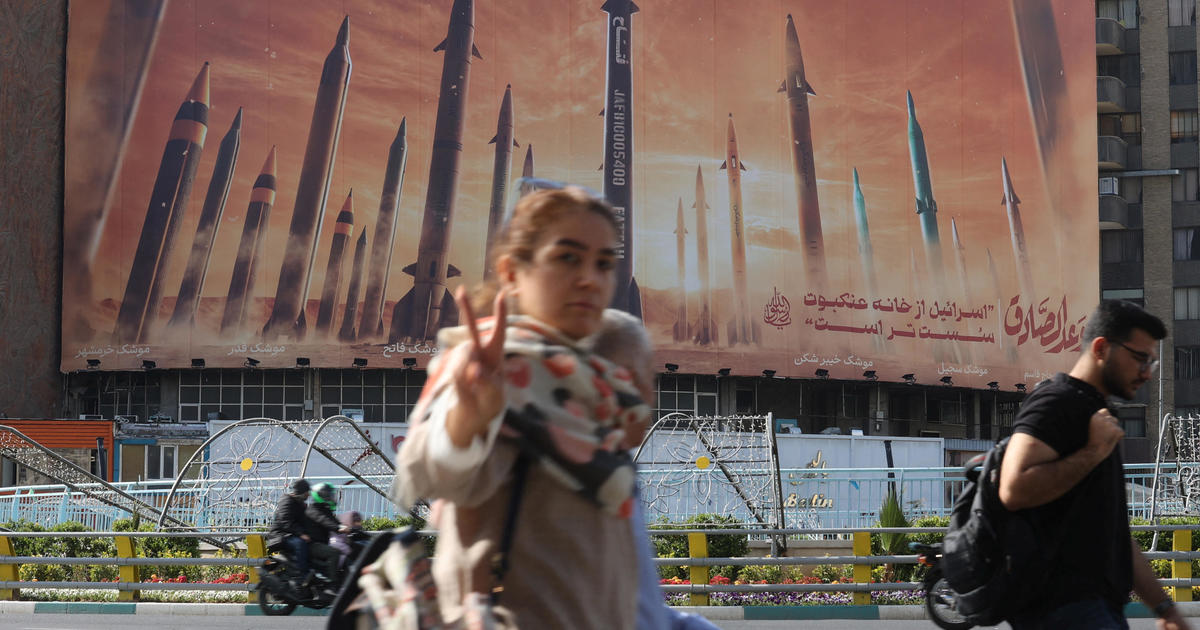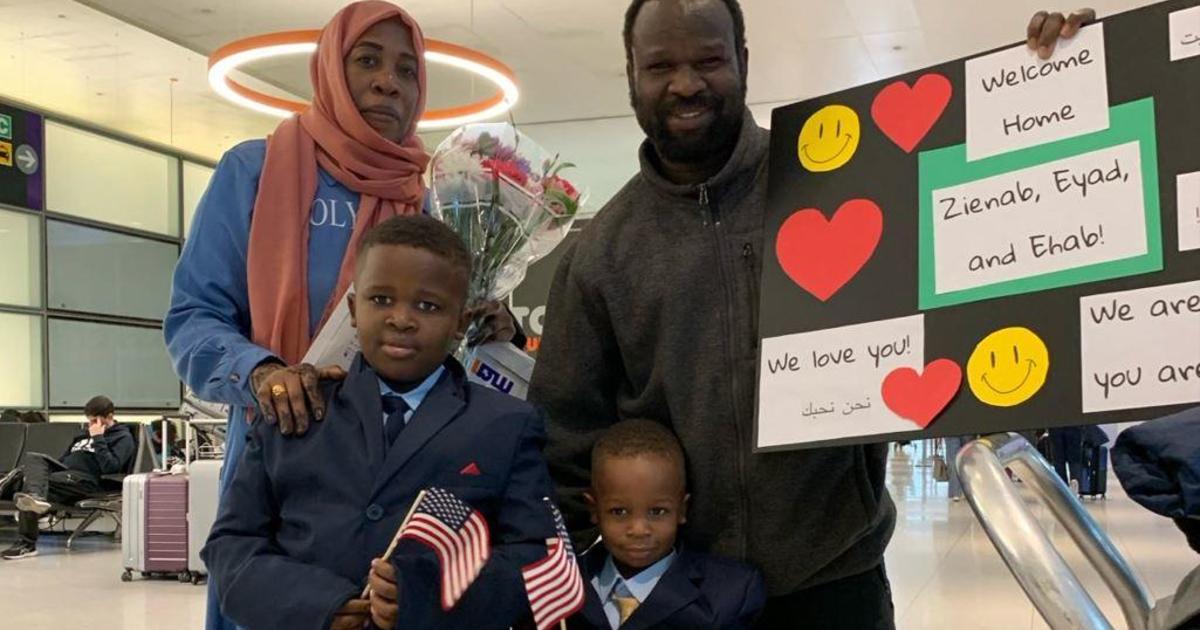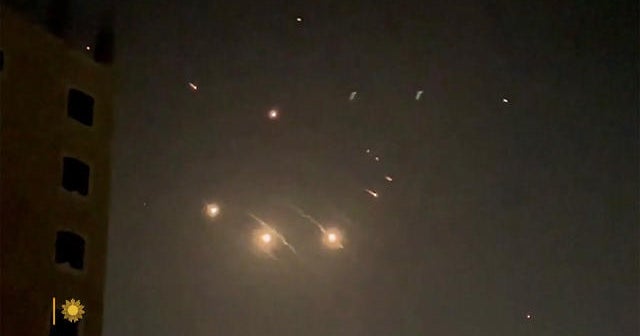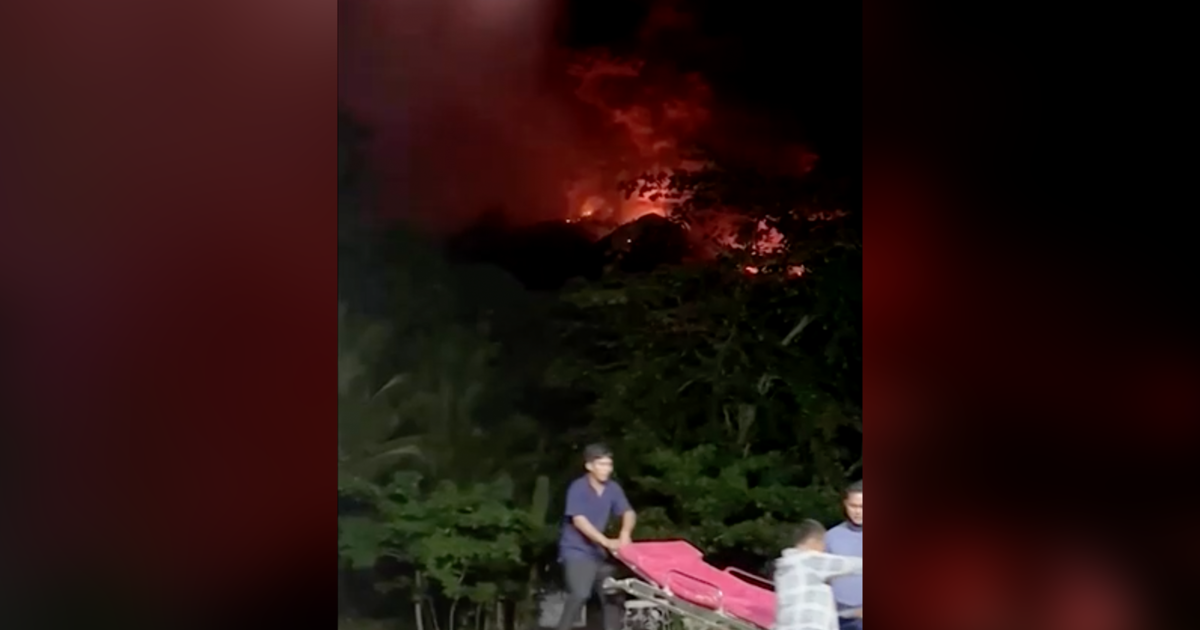Truce in Ethiopia's war with Tigray rebels brought little relief. Now it seems to be falling apart.
For five months, a fragile peace agreement has allowed desperately needed humanitarian relief to trickle into Ethiopia's embattled Tigray region. But the year-long war that tore apart the northern part of the country in 2021 appears to have returned, once again putting the lives of millions of people at risk.
Reports of fighting emerged again near the end of August in the town of Kobo, in southern Tigray. The independence-minded rebels of the Tigray province and the Ethiopian government forces blamed each other for firing the first shots. Regional analysts had warned that the tension was building quickly again in the region, in spite of optimism just weeks earlier that talks to establish a lasting peace agreement were set to get under way.
There were even rumors circulating that Prime Minister Abiy Ahmed had sent senior officials to meet in secret with leaders of the Tigrayan People's Liberation Front (TPLF) in the northern region.
Since then, the TPLF's forces have again been advancing southward, with reports of fierce clashes and at least two Ethiopian Air Force strikes against the Tigray region's capital, Mekele, in the past week. Residents claim one of those strikes hit a nursery school, killing at least four people, including three children.
Prime Minister Abiy has maintained tight control over the country's media, and journalists are largely unable to visit Tigray. Many international journalists have been barred from entering Ethiopia, or thrown out if they were already there.
In the void, much of the information that makes it out of the region is propaganda. Videos produced by the TPLF have been emerging online over the last week, showing large numbers of captured government tanks and soldiers.
TPLF officials have accused the government of launching an offensive from the north, from neighboring Eritrea, where the government is aligned with Abiy's. There have been unconfirmed reports of Eritrean forces massing at the border.
Other reports, meanwhile, suggest TPLF forces have been operating along the border with neighboring Sudan, where they're engaged in fighting over disputed territory in western Tigray. A security expert told CBS News that there's growing concern fighting on this new front could potentially draw Sudan into what is already a complicated regional conflict.
A United Nations report last year found that both sides had "committed atrocities," possibly amounting to crimes against humanity.
The aim of the humanitarian truce agreed to by the TPLF and the Ethiopian government on March 24 was to get much needed humanitarian supplies into Tigray, which had been cut off at that point by a government blockade for more than a year. It was hoped that the ceasefire would lay the groundwork for a more permanent peace deal.
But Tigrayan officials have said that over the last five months, the region has still had no electricity or fuel, only a small amount of food and medical supplies have trickled in, and doctors and nurses in the region have had to work continuously for 16 months without pay.
A recent United Nations report said almost everyone in Tigray — some 5 million people or 90% of the region's population — needed food aid.
U.S. Special Envoy Mike Hammer visited Tigray on August 2 and called for a "swift restoration of electricity, telecom, baking and other basic services," and he hinted that Abiy had agreed to make it happen.
But the TPLF accused Abiy of reneging on the truce deal and failing to lift the blockade, even going so far as to threaten a resumption of the war if the blockade wasn't lifted.
Ethiopian officials from Abiy's administration said repeatedly that they were willing to talk "anywhere, anytime," but they would not address the TPLF's demands. At a news conference last week, TPLF spokesman Getachew Reda said he thought the government had "hoodwinked the international community" into believing it was working toward a peaceful outcome.
The following day, government officials accused the TPLF of launching the operations along the Sudan border.
The war with the TPLF in Tigray isn't the only front on which the Abiy government is fighting. In other parts of the country, the Oromo Liberation Army (OLA) has continued to clash with government soldiers. Last year, the OLA and TPLF formed a military alliance, which at one point fought its way to within just 60 miles of the capital Addis Abba.
As the fighting intensifies once again in various parts of the country, and carries with it the threat of exacerbating an already-dire humanitarian situation for some of the poorest people on the planet, Ethiopia's farmers are expected to harvest yet another poor crop in the coming weeks.
The first ship carrying a much-needed humanitarian grain shipment from Ukraine docked in the neighboring nation of Djibouti last week. The food is expected to reach Ethiopia in just days, but it won't be nearly enough to feed those in need.
The World Food Program says the ongoing blockade of Tigray, combined with the global grain shortage fueled by Russia's war in Ukraine, mean it's reaching far short of the 4.8 million people in need in the northern Ethiopian region.
For the many Tigrayans who were already desperate and starving, the renewed violence will likely look like the snuffing out of the last glimmer of hope.
